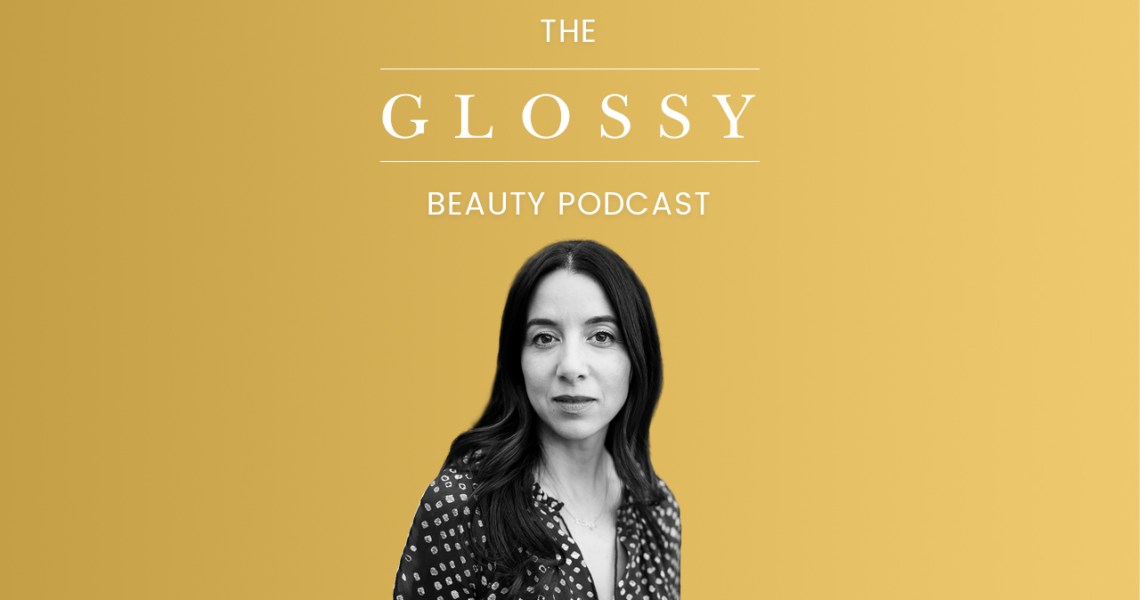Subscribe: Apple Podcasts | Stitcher | Google Play | Spotify
Sasha Plavsic is pretty clear that she picked the right beauty category to start a business in. “The clean category, as they’re calling it now, is on an extreme growth pattern,” Plavsic said on the Glossy Beauty Podcast, calling it “one of the fastest categories in Sephora, if not the market in general.”
Plavsic founded Ilia Beauty in 2011, a few years after turning 30 and returning to her hometown of Vancouver. “I had left the guy, left the job and was really searching for something new,” Plavsic said.
What started as a brand that sold mostly lip products soon became a hot newcomer for complexion and eye products. Though known for those products, lip sales went from 60% to 15% of Ilia Beauty’s business after building on other clean product categories.” That’s not uncommon if you’re growing in complexion, but what really took over for us was our mascara,” Plavsic said.
Ilia Beauty is now carried across approximately 200 doors at Sephora, Plavsic said. Seeking to fuel continued growth, the company raised Series B funding in January, not long after its first funding round in 2018.
This episode of the Glossy Beauty Podcast was recorded prior to the coronavirus pandemic. A spokesperson for Ilia Beauty said in a statement that the company is “monitoring the situation daily regarding the coronavirus and will adjust accordingly as needed with our forecasts. Like many businesses in our position, we believe it is very early still and too soon to make an estimated guess on what to expect. We have not yet re-evaluated our 2020 revenue projections.”
With ample funds for retail, marketing and product, Plavsic talked about what the white space she originally felt in the market and the broader demographic for clean beauty products.
Ad position: web_incontent_pos1
Here are a few highlights from the conversation, lightly edited for clarity.
The idea for Ilia
“When I started looking online, most of the ingredients in my products were not necessarily what they were claiming to be. Not only that, certain ingredients would be toxic and cause hormone disruption. That’s when I realized I needed to look for something cleaner to put on my skin, and at the time it wasn’t actually clean, it was more organic and natural. I’d go to Whole Foods, I’d go to other retailers, and I felt there was this huge gap in the market — this was probably in 2009 — in that anything that was natural was more in the hippy direction, or it was marketed toward a different demographic. I didn’t feel that anything was speaking to me as a brand, and so I decided to take my favorite cherry-tinted chapstick and download a pdf on how to make lipstick, and start.”
The customer is ready
“I really believe that our customer is in the suburbs. I think she’s a millennial and her mom. And I do believe that getting that brand awareness out there will be really helpful and their [Sephora’s] initiative to do that is clear. At this time, I believe being able to reach a wider audience and demographic in clean is what will really push color to the next level, because I think that customer is now ready everywhere.”
Doing vs. talking
“There is a real call out to brands to say, ‘Hey, you need to start thinking about this,’ and it has to go all the way. It’s not just for packaging. Think about the bays, and the ways displays are presented physically in store. We’ve started working with certain compostable resins, which we’re trying to make sure that if they wipe down or clean them in store, they don’t start biodegrading. This is something that will be huge in the next couple years.”
No one likes being out of stock
“You get to a point where you can’t keep up with what’s happening. We had so many out of stock situations, which is cool for a period of time because it’ll make people want that product, but eventually it’s not a great place to be. And Sephora’s not happy when you’re out of stock — nobody’s happy. You can lose so much business. I remember one month with our mascara, I think we lost nearly $100,000 just because we were out of stock. That’s a painful pill to swallow. So the funding is there to ensure that we have the team to support growth.”




